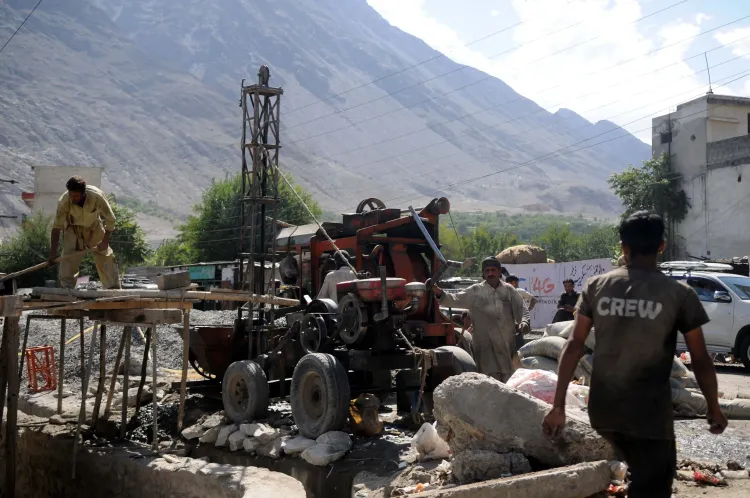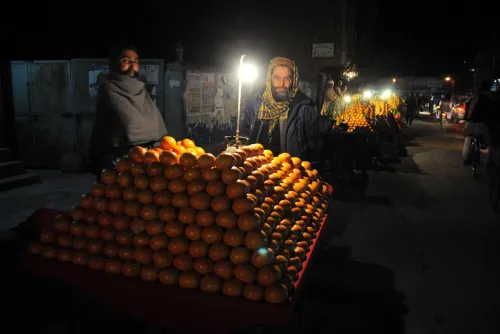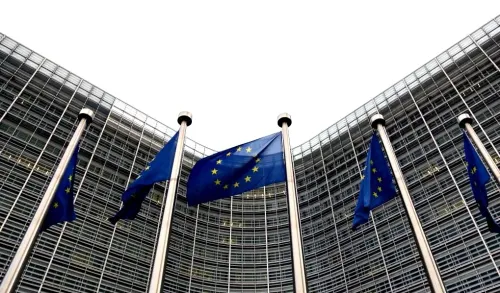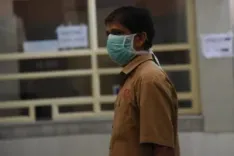Are Traders in Pak-Occupied Gilgit-Baltistan Facing Government Wrath?

Synopsis
Key Takeaways
- Traders in PoGB are protesting against oppressive taxation policies.
- The government proposed conditional tax exemptions for local consumption.
- Protests have been ongoing since July, showcasing local grievances.
- Local residents demand representation and fair governance.
- The situation highlights the challenges faced by Gilgit-Baltistan under Pakistani rule.
Islamabad, Sep 25 (NationPress) In a bold stance against the government's proposal of conditional tax exemptions on imports through the Sost Dry Port, traders in Pakistan-occupied Gilgit-Baltistan (PoGB) have resolved to persist with their sit-in, as reported by local media on Thursday.
Since July, local traders in PoGB have been staging a sit-in and obstructing the port. This protest was ignited by the government's taxation policies and the halt of customs clearance at the port, according to Pakistan's leading daily Dawn. On Wednesday, the government showed openness to tax exemptions on imports via the port, provided the goods were intended for local consumption and adhered to stringent eligibility criteria. The total value of tax exemptions for a year was restricted to Pakistani Rupees (PKR) 4 billion.
The government's announcement followed discussions between federal authorities, local officials, and business leaders in Islamabad. Nevertheless, Javed Hussain, the leader of the trade delegation and protest, expressed dissatisfaction with the government's offer. 'After the agreement and its proclamation in Islamabad, we were advised to conclude the protest. However, we do not concur with this recommendation and have opted to maintain our sit-in and suspend trade activities,' he stated.
Hussain further mentioned that traders would convene a meeting with their representative body that had been engaged in negotiations with the government. He added that the decision to continue the protest would depend on whether the representatives could provide satisfactory reasoning regarding the government's decision.
Gilgit-Baltistan, known for its stunning mountains and resilient populace, has endured oppression from the Pakistani establishment for decades. The traders of Gilgit-Baltistan, in their desperation, have blocked local routes, demanding that their voices be acknowledged, yet they continue to encounter the fury of state machinery.
Pakistan’s governance in Gilgit-Baltistan is maintained not through legitimacy, but through force. This tragedy is not limited to a single valley or protest; it is ingrained in Islamabad’s entire approach to the region. Since Pakistan's illegal occupation in 1947, the local inhabitants have remained voiceless and excluded from the nation’s constitutional framework.
The local population is burdened with excessive taxes, repressive laws, and authoritarian governance. The original residents of Gilgit-Baltistan have no input regarding their governance. Their resources are being exploited, their lands taken advantage of, and their youth subjected to military intimidation.










